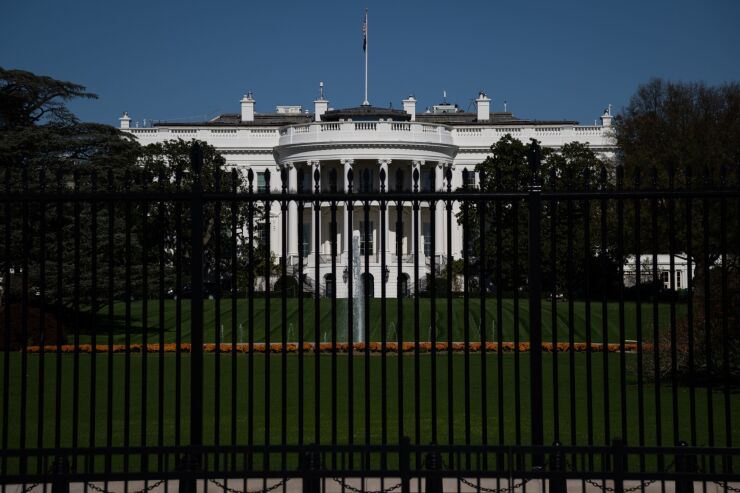
Regardless of the outcome of
The past decade has seen incredible innovation and growth in the financial sector, particularly driven by responsible
As new leadership takes shape around the country, we are facing a significant mismatch between the fintech products helping consumers improve their daily lives and the regulatory systems designed to keep our banking system fair and stable. In the name of protecting consumers, we should not jeopardize access to responsible tools that families rely on.
The coming years are an opportunity to chart a more forward-looking course. The incoming Trump administration, as well as state leaders, must prioritize regulatory nominees who understand the fintech industry and recognize that old regulatory structures don't neatly fit new products and services. Responsible fintech companies are ready to collaborate on creating rules of the road that protect consumers without stifling innovation. Our collective focus and ultimate goal must be to break down traditional barriers to capital and better serve communities and businesses.
Responsible fintech companies share a focus on using technology to bring access, transparency, inclusivity, safety and simplicity to finance. Our industry has succeeded by democratizing financial services and giving consumers a level of confidence and control over their financial futures that the traditional system has long struggled to provide.
Take, for example, the Federal Deposit Insurance Corp.'s recent proposal on brokered deposits. Previous guidance on this rule, which is meant to prevent banks from taking on excessive risk, was designed with industry participation and developed in a thoughtful manner to ensure true industry and regulatory collaboration. Millions of people, particularly historically underserved communities, have come to rely on easy-to-use fintech platforms to manage their finances. These offer convenient access to traditional banking products through bank-fintech partnerships. While past FDIC guidance respected these partnerships, proposed new FDIC rules would
Tough exams and consent orders on banks that partner with fintechs are expected to remain, even after the election of President Trump.
Individuals and families who rely on responsible earned wage access, or EWA, products are likewise finding an important financial tool in regulatory jeopardy. EWA allows workers to access a portion of wages they have already earned before their paycheck arrives. This offers a crucial lifeline for those who struggle with cash flow, depend on additional income from extra shifts or use EWA products to meet unexpected expenses. EWA is nonrecourse — meaning providers do not engage in any collection activity — and do not charge interest. However, proposed CFPB rules
The importance of getting fintech standards right is underscored by the broad scope of innovation across the industry. Fintech goes well beyond the world of startups and tech-first companies to include community and regional banks that are focused on offering the latest technology and services to families across the country. All of this important work is jeopardized if state or federal policymakers fail to account for the responsible innovations driving consumer-centric finance, which would ultimately harm everyday people the most.
Consumers benefit from products that are keenly focused on their needs — as opposed to the opaque, complex and expensive business models of the past. Whatever "disruption" fintech has caused says less about responsible players in our industry and more about the massive gaps in our system left by traditional institutions who grew comfortable operating on outdated models of fine print and hidden fees.
The best companies and products are those that give consumers what they want and need. In finance, that means transparency, inclusivity and control. As long as responsible fintech companies and innovative banks continue to deliver, our industry, and more importantly, the families they serve, will continue to win. Without responsible innovation in financial services, millions of Americans, particularly those underserved by legacy institutions, will pay the price in the form of fewer choices, less competition and weakened innovation.
Responsible players in the fintech industry are ready to work with new administrations and regulators, in Washington and states around the country, on common-sense rules of the road that give us the clarity we need to best serve the American people. It's up to those in power to recognize the realities of the responsible fintech industry and put consumer needs at the center of policymaking.






